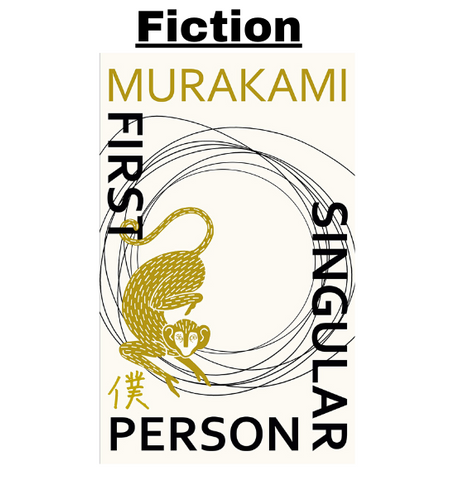

This contradicts my answer to your previous question, but what I wrote about in that particular story is what happened to me, pretty much as is. I'm opposed to that idea and wanted to create my own 'first personal singular' writing."īook Reviews 'First Person Singular' Asks A Lot Of Questions - But Shies Away From Answers "There's a long tradition in modern Japanese literature of the autobiographical, so-called I-novel, the idea that sincerity lies in honestly and openly writing about your life, making a kind of self-confession. Fiction writing is partly the process of clarifying what lies within you. Through these steps, I gain a deeper understanding of the meaning behind the experience. "So I reshape them over and over and fictionalize them, to the point where, in some cases, you can't detect what they were modeled after. "In this book, I wanted to try pursuing a 'first person singular' format, but I don't like relating my experiences just the way they are," Murakami tells me in an email interview. You get drawn into the spiral, and soon you're in that strange world where many of his stories exist, a place full of his favorite things (jazz, baseball, the Beatles, though surprisingly few cats this time) and yet unmistakably odd, existing at a slight, unexplained angle to reality. The stories in Haruki Murakami's new collection, First Person Singular, have a sort of fractal nature - you're reading a story by a middle-aged Japanese man in which a middle-aged Japanese man is telling you a story (and sometimes that story involves him telling other stories). Haruki Murakami's new story collection is First Person Singular.


 0 kommentar(er)
0 kommentar(er)
